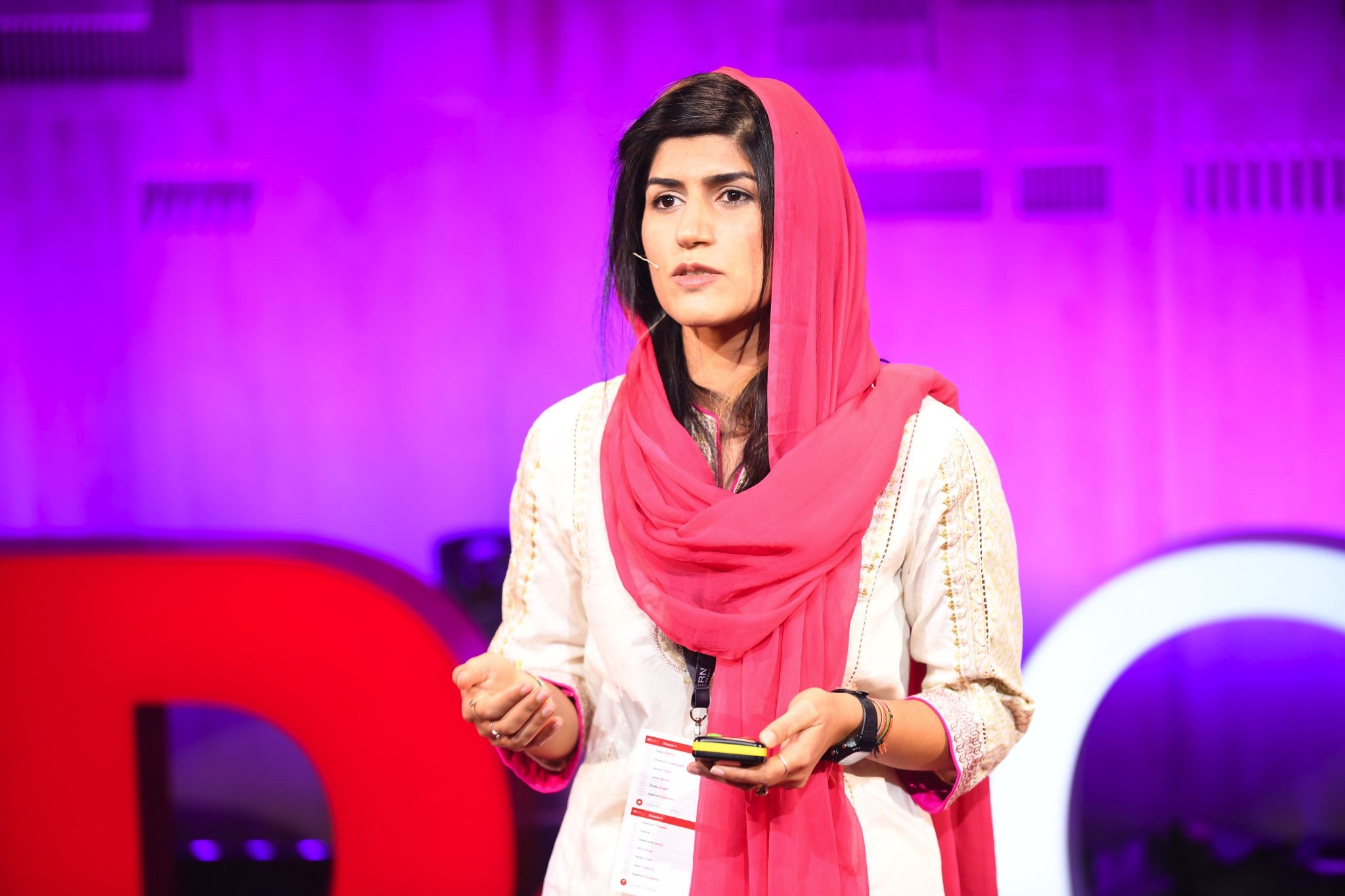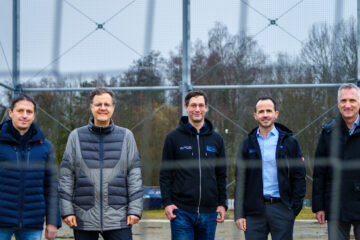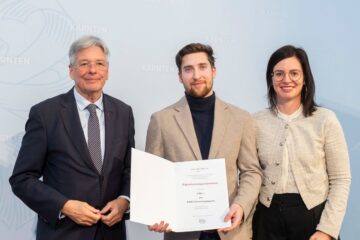
The essence of my TEDx talk at CERN is that technology isn’t inherently evil, but humans in command of technology must become more human-friendly.
On a nice day in April this year, I received an offer to speak about my work as a “drone researcher” at the 2016 TEDx event organized at CERN. Even though the opportunity seemed too good to be true, my brain had already started formulating a rough idea for the topic I wanted to address. I wanted to answer the question that I have been asked many times when I introduce myself as a drone researcher: “Are you sure that the technology that you are developing will not be used for evil?”
Since I started my PhD period at Alpen-Adria-Universität Klagenfurt and Lakeside Labs in the project Self-Organizing Intelligent Network of UAVs in 2012, this question has been a constant companion of my introductions. With time, I have polished my answer, but the essence stays the same: Technology is just a tool.
From the moment the widespread usage of the term “drone” started to this day, the term has triggered strong reactions. This fact also stands out in the TED talks about drones, which I closely follow. On one hand, we see talks by Vijay Kumar and Raffaello D’Andrea about the fascinating feats that these small devices can accomplish and the promising future possibilities they hold. On the other hand, Daniel Suarez and Malcolm Gladwell warn us how such technology can easily go rouge.
The reality about possible applications, however, lies somewhere in the middle because I believe that drones are just tools. We see them as menacing beings that drop bombs and invade privacy, because no humans sit inside them. What we forget is that these remotely controlled devices are still controlled devices directed by the hands of humans.
Being tools, drones can be used for many different purposes, but I believe that the transition of drones from “killing machines” to “healing machines” is truly in progress. This rare kind of transition is fascinating and promising for humanity because commonly technological developments take the other direction: from good to bad. If we take more responsibility for our actions, the tools will automatically comply.
In my TEDx talk, I highlight the application domains mentioned in our survey published in IEEE Communications Surveys & Tutorials, where drones act as human-friendly devices. I also talk about our research, which is striving to develop multi-drone systems for life-saving applications, such as search and rescue, delivery of goods, and coverage. I give a glimpse of a fascinating future that can become reality with drones provided that the humans in command become more “human-friendly.”




